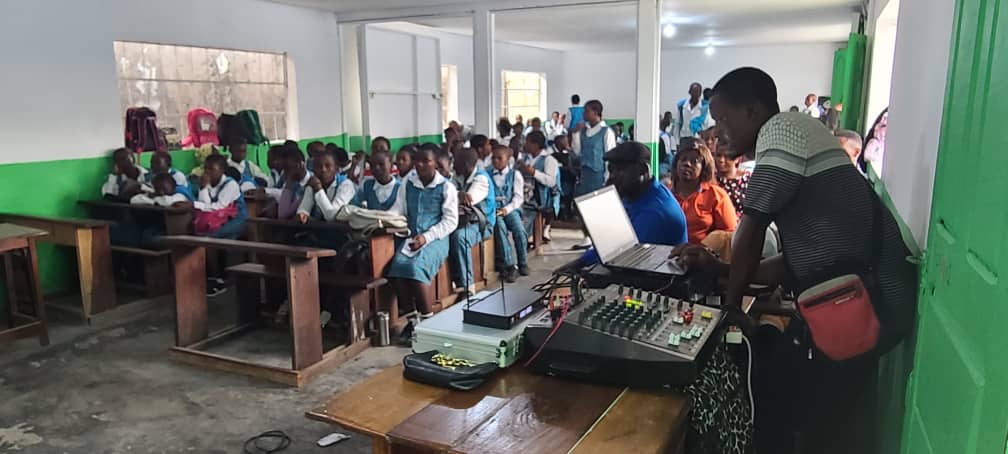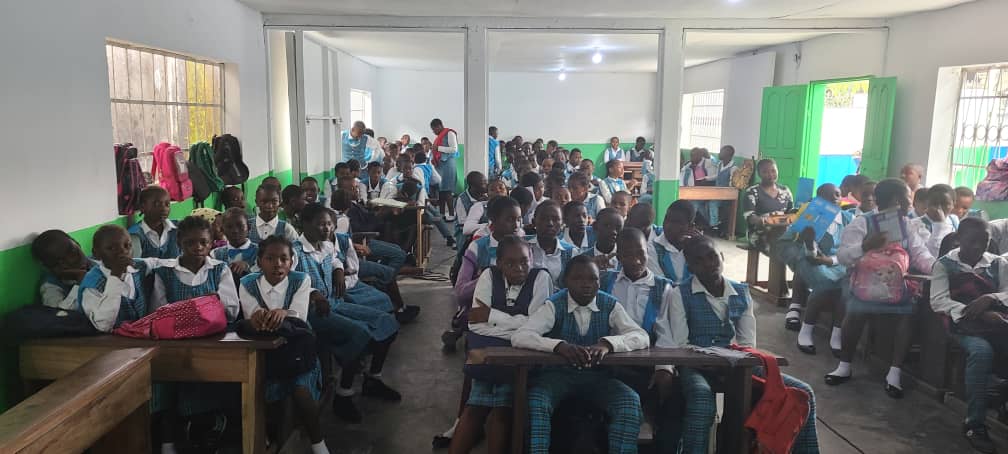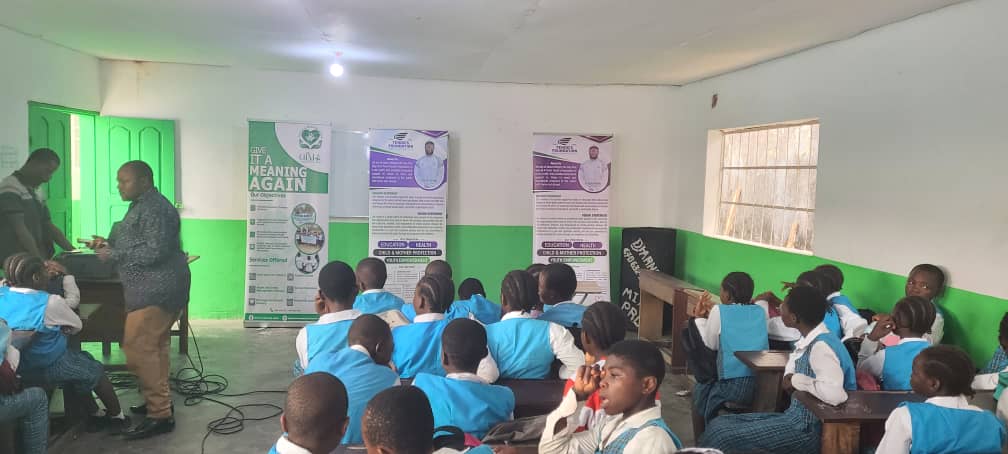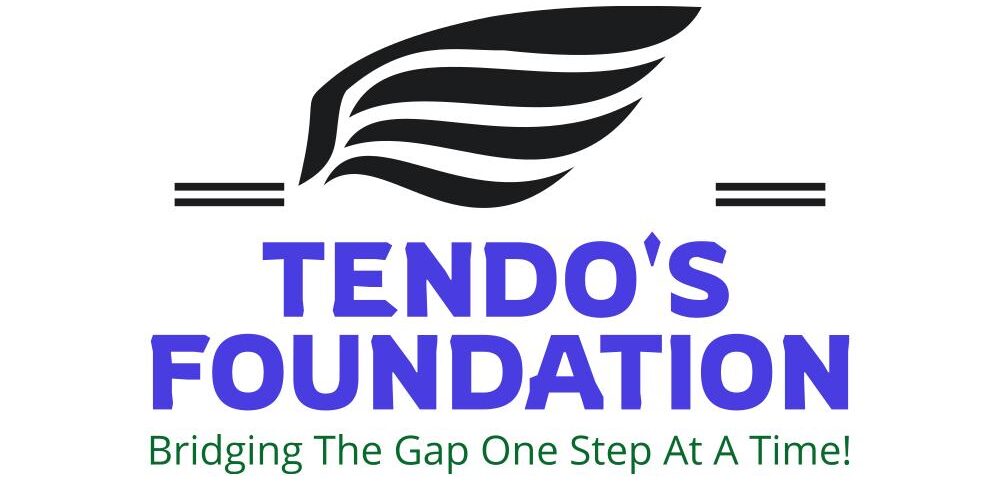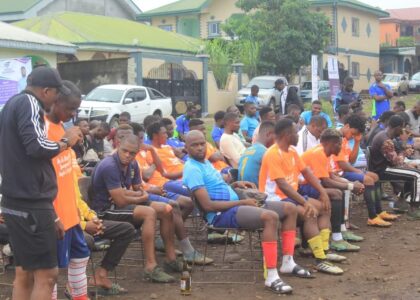Date: October 18, 2023
This report outlines the No to Drug Abuse Campaign conducted by Tendos Foundation at St. Bernard Secondary School in Douala. The project aimed to raise awareness about the dangers of drug abuse among students and promote a drug-free environment within the school. This report highlights the impact of the campaign on the students and the school community, as well as provides insights into the effects of drugs on students.
Project Objectives
The No to Drug Abuse Campaign had the following objectives:
a. Awareness and Education: The campaign aimed to educate students about the harmful effects of drug abuse, including physical, psychological, and social consequences. It sought to increase their knowledge and understanding of the risks associated with drug use.
b. Prevention and Peer Support: The project aimed to equip students with the necessary skills and information to resist drug use. It encouraged peer support networks and promoted positive lifestyle choices as alternatives to drug abuse.
c. School Policy and Intervention: The campaign collaborated with school authorities to strengthen drug prevention policies and establish intervention measures to identify and support students at risk of drug abuse.
Campaign Activities
The No to Drug Abuse Campaign included the following activities:
a. Awareness Workshops: Tendos Foundation organized interactive workshops and presentations for students, focusing on the effects of drug abuse, signs of addiction, and strategies for prevention. Experts in the field of substance abuse delivered engaging sessions to enhance understanding and provide practical guidance.
b. Peer Education Programs: Student volunteers received training to become peer educators. They conducted awareness sessions, facilitated discussions, and shared personal stories to connect with their peers and emphasize the importance of a drug-free lifestyle.
c. Counseling and Support Services: The campaign provided counseling services to students affected by drug abuse or who required additional support. Trained counselors were available to offer guidance, advice, and referral services to professional help if needed.
d. Community Engagement: Tendos Foundation organized community events, such as rallies, art competitions, and drama performances, to involve parents, teachers, and the wider community in the campaign. This fostered a supportive environment and reinforced the message against drug abuse.
Impact on Students and the School
a. Increased Awareness: The campaign significantly increased students’ awareness of the dangers of drug abuse. Through workshops, peer education, and community engagement, students gained a deeper understanding of the risks associated with drugs, enabling them to make informed decisions.
b. Prevention and Resilience: The project equipped students with prevention strategies and resilience skills to resist peer pressure and make healthy choices. Peer education programs played a crucial role in fostering a supportive network that encouraged drug-free lifestyles.
c. Improved School Environment: The No to Drug Abuse Campaign contributed to a positive and drug-free school environment. Students became more vigilant in identifying and reporting potential cases of drug abuse, and the school administration collaborated with the campaign to strengthen prevention policies.
d. Enhanced Support Services: The availability of counseling and support services within the school provided a safety net for students affected by drug abuse. Students had access to professional guidance and intervention, supporting their overall well-being and academic success.
Effects of Drugs on Students
The campaign highlighted the following effects of drugs on students:
a. Academic Decline: Drug abuse can significantly impact students’ academic performance, leading to a decline in grades, absenteeism, and an inability to concentrate and retain information.
b. Health Risks: Drug abuse poses serious health risks, including physical and mental health problems, increased vulnerability to infections, and potential long-term consequences on overall well-being.
c. Behavioral Issues: Drugs can alter a student’s behavior, leading to aggression, impaired judgment, poor decision-making, and strained relationships with peers, teachers, and family members.
d. Risky Behaviors: Substance abuse often leads to engagement in risky behaviors such as unprotected sex, driving under the influence, and involvement in criminal activities, putting students at further risk.
Conclusion
The No to Drug Abuse Campaign conducted by Tendos Foundation at St. Bernard Secondary School in Douala successfully raised awareness about the harmful effects of drug abuse among students. The campaign’s activities, including awareness workshops, peer education programs, counseling services, and community engagement, had a positive impact on students’ awareness, prevention skills, and overall well-being. By promoting a drug-free environment, the campaign contributed to a healthier and more conducive learning environment at the school. Tendos Foundation remains committed to supporting students in leading drug-free lives and empowering them to make positive choices for their futures.
